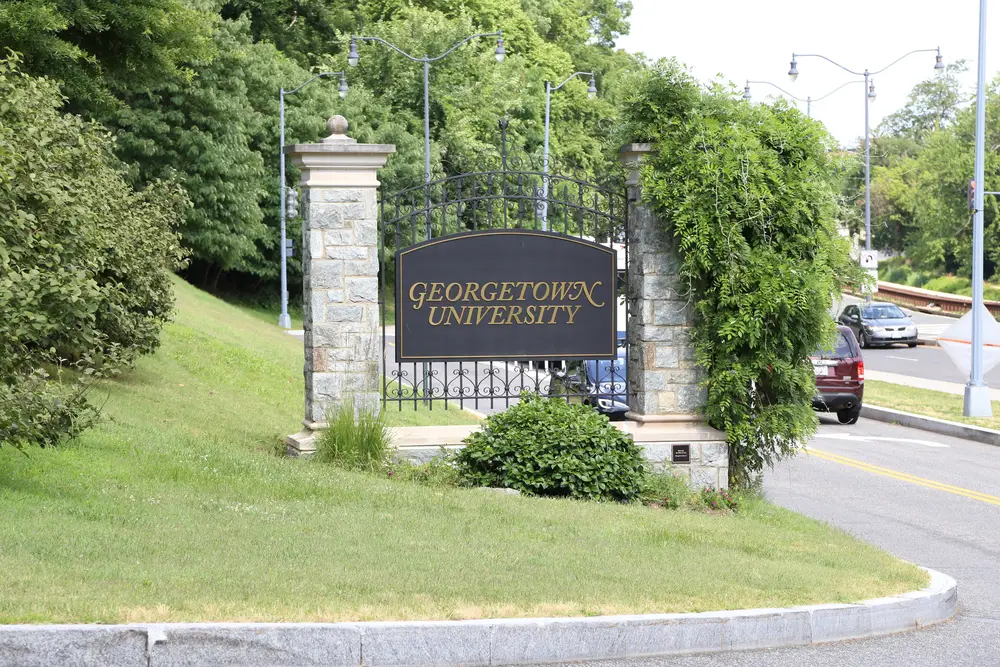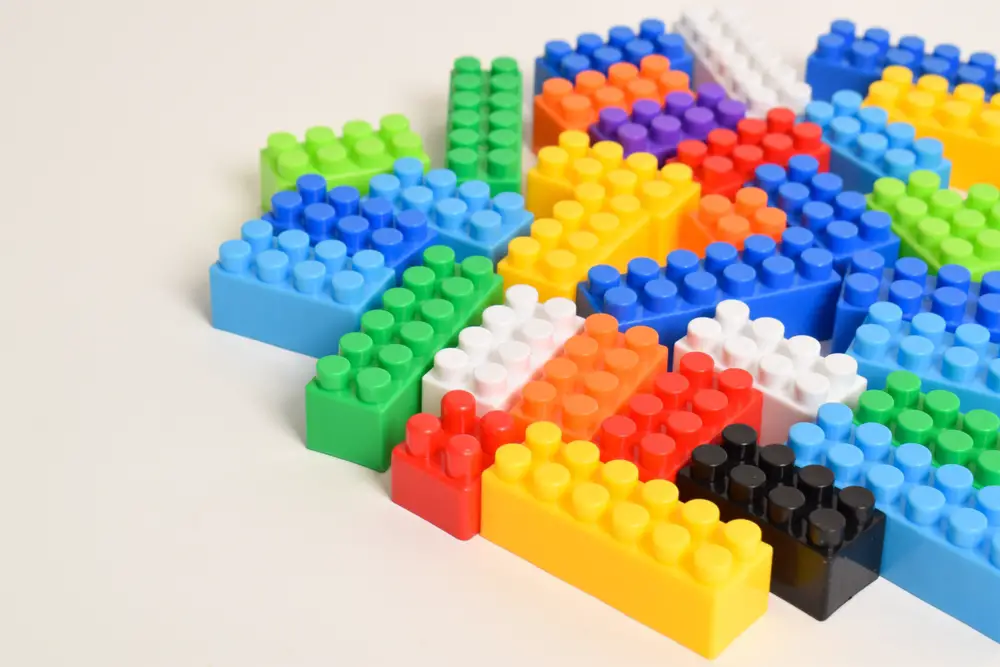Several U.S. universities, including Georgetown and Harvard, are under fire for offering students “self-care” activities to cope with the emotional stress of the recent presidential election, which saw Donald Trump securing another term. Georgetown University invited students to a “self-care suite” featuring treats like “milk and cookies” and “hot cocoa,” along with Lego toys and coloring books. These activities, intended to help students manage post-election stress, have sparked comparisons to daycare facilities, drawing criticism for “coddling” students rather than preparing them for adult challenges.
Harvard University took a similar approach, with some professors canceling classes, making attendance optional, or extending deadlines to give students time to process the results. Economics lecturer Maxim Boycko, for example, made quizzes optional in his class, saying, “Feel free to take time off if needed.” Critics argue that such measures create an unrealistic environment and fail to equip students for real-world pressures.

Other institutions also joined in with varied activities: the University of Puget Sound provided students with a “walkable labyrinth” featuring calming music, along with designated spaces for arts and crafts, collage-making, and support groups for LGBTQ students and students of color. Similarly, the University of Oregon introduced therapy animals like “Quacktavious the Therapy Duck,” alongside therapy dogs and baby goats, to ease students’ election-related anxiety.
This approach has ignited a broader conversation on social media, with critics, including academics, arguing that universities should stop treating democratic elections as trauma. Emily Sturge from Campus Reform remarked, “Democratic elections are not traumatic; they are a privilege not all countries allow.” Some argue that universities are veering away from their role in preparing students to face life’s challenges with resilience and grit.

Defenders of these programs, however, argue that modern election cycles involve heightened rhetoric and social division, which may require new methods of support for students. As Kelly Brown from the University of Puget Sound said, “I don’t think of it as coddling. I think of it as paying attention to the environment around us.” The debate remains divided, reflecting broader societal differences over how to manage political stress and emotional resilience in young adults.




